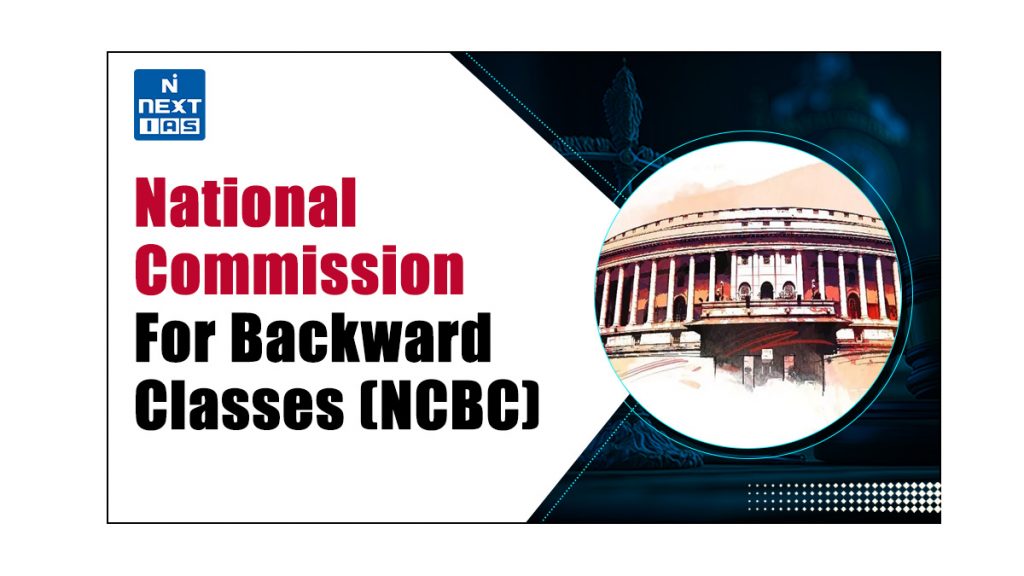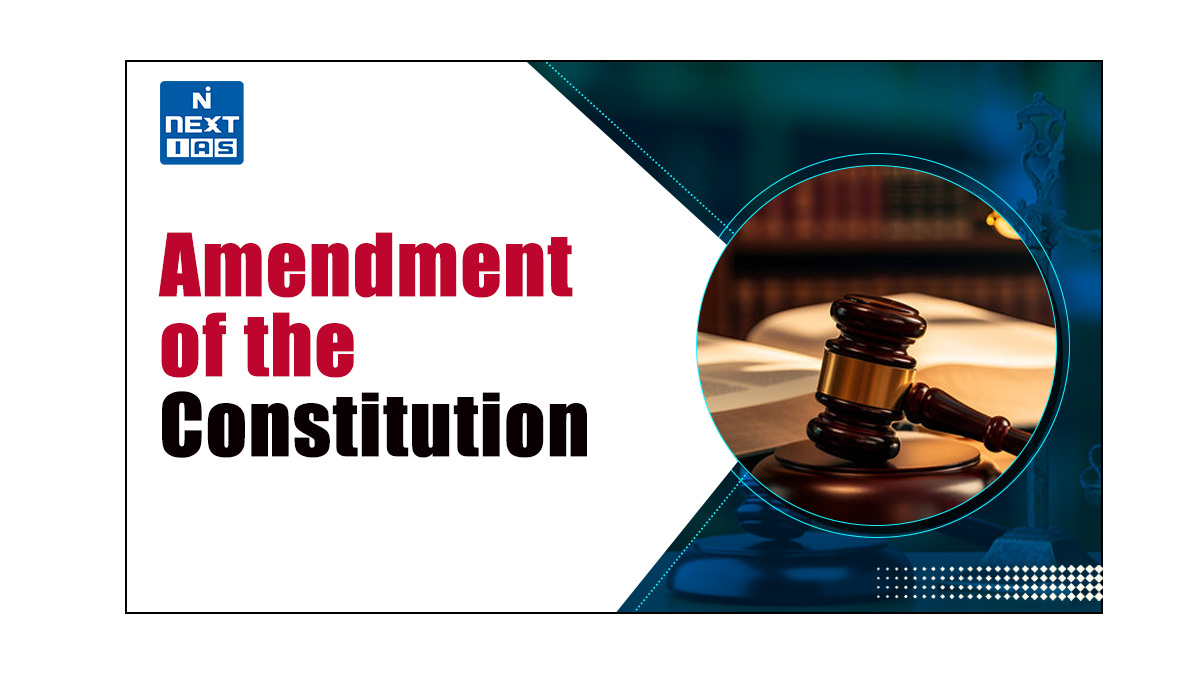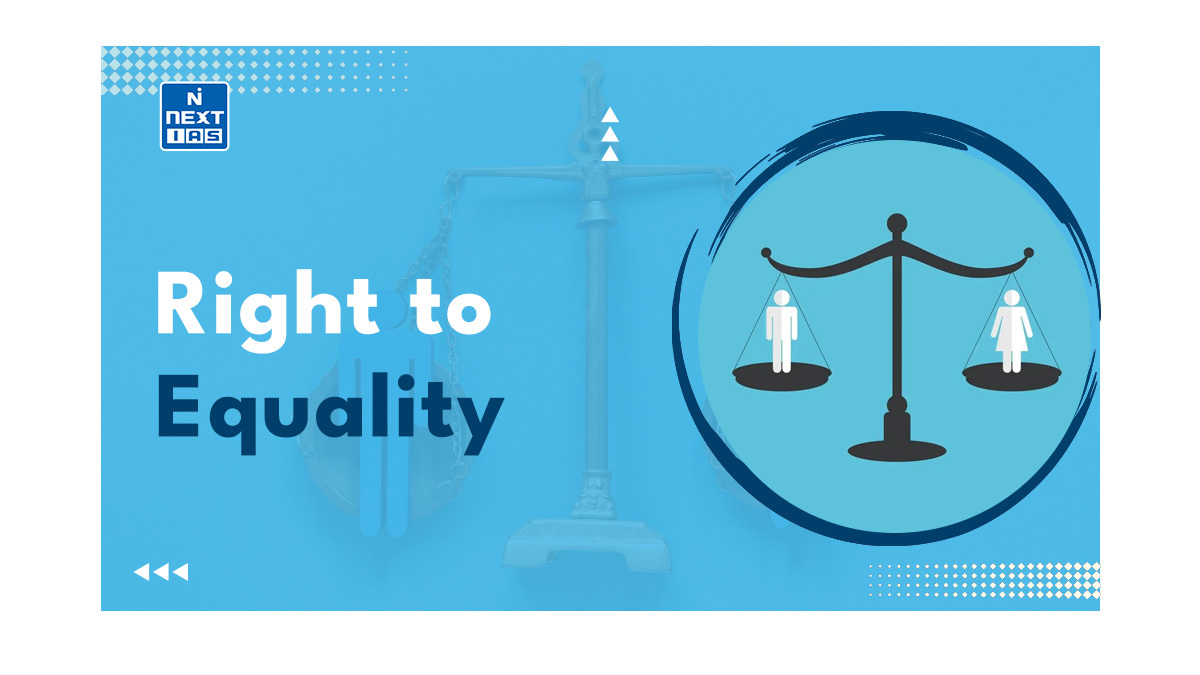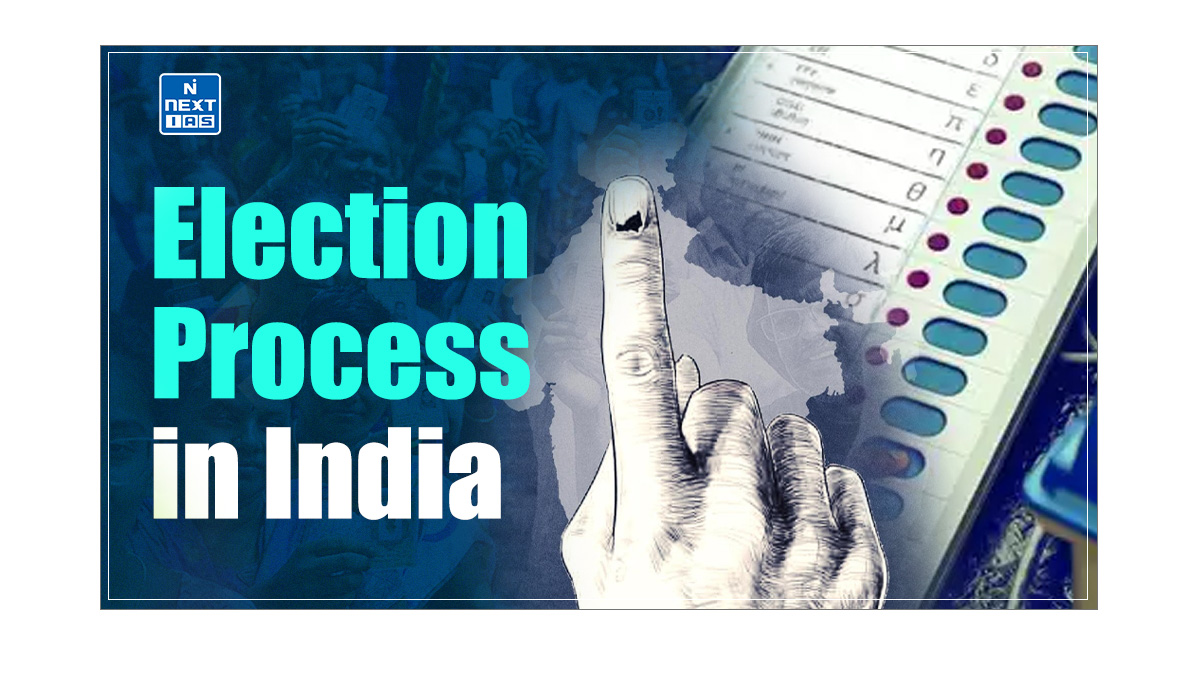
The National Commission for Backward Classes (NCBC), a constitutional body in India, embodies the nation’s commitment to ensuring the welfare and empowerment of the Backward Classes. It stands as a guardian of equity and inclusion, dedicated to uplifting the marginalized and underserved sections of society. This article of NEXT IAS aims to study in detail the National Commission for Backward Classes (NCBC), including its evolution, composition, functions, powers, and other related aspects.
About the National Commission for Backward Classes (NCBC)
- The National Commission for Backward Classes (NCBC) is a constitutional body in India.
- It has been established to provide safeguards against the exploitation of the socially and educationally Backward Classes (BCs) as well as to protect their social, economic, educational, and cultural interests.
- The Headquarters of the National Commission for Backward Classes (NCBC) is in New Delhi.
About Backward Classes (BCs)
| 1. The Constitution of India has neither specified Backward Classes (BCs) nor used a single uniform expression to characterise this class. 2. As per the Ministry of Social Justice & Empowerment, the expression Backward Classes (BCs) means such backward classes of citizens other than the SCs and the STs as may be specified by the Central Government. 3. There was no data collected on Other Backward Classes (OBCs) during the Census of 2011. |
Constitutional Provisions Related to the NCBC
Article 338-B of the Indian Constitution deals with the provisions related to the National Commission for Backward Classes (NCBC).
Evolution of the NCBC
The National Commission for Backward Classes (NCBC), in its present form, has evolved through a series of developments as can be seen below:
Mandal Case 1992
In the Indira Sawhney vs. Union of India Case (1992), also known as the Mandal Case (1992), the Supreme Court directed the central government to constitute a permanent statutory body to examine the complaints of non-inclusion, under-inclusion, or over-inclusion of any class of citizens in the list of Backward Classes.
Establishment as a Statutory Body
- Complying with the Mandal Case Judgment of the Supreme Court, the Parliament enacted the National Commission for Backward Classes Act, 1993.
- The Act established the National Commission for Backward Classes (NCBC) statutory body under the Ministry of Social Justice and Empowerment.
102nd Constitutional Amendment Act of 2018
- It inserted a new Article 338-B in the constitution, conferring the constitutional status on the National Commission for Backward Classes (NCBC).
- Thus, post 102nd Constitutional Amendment, the NCBC ceased to be a statutory body and became a constitutional body.
- In order to safeguard the interests of the Backward Classes more effectively, this amendment also enlarged the scope of functions assigned to the Commission.
Composition of NCBC
- It consists of a Chairperson, a Vice-Chairperson, and three other members.
- They are appointed by the President by warrant under his hand and seal.
- Their conditions of service and tenure of office are determined by the President.
Tenure of Members of NCBC
Under the National Commission for Backward Classes Chairperson, Vice-Chairperson, and Members (Conditions of Service and Tenure) Rules of 2004:
- The Chairperson, the Vice-Chairperson, and other Members of the National Commission for Backward Classes (NCBC) shall hold office for a term of three years from the date on which he/she assumes such office.
- The Chairperson, the Vice-Chairperson, and other Members shall not be eligible for appointment for more than two terms.
Functions of NCBC
The major functions of the National Commission for Backward Classes (NCBC) include:
- To investigate and monitor all matters relating to the constitutional and other legal safeguards for the socially and educationally backward classes and to evaluate their work.
- To inquire into specific complaints with respect to the deprivation of rights and safeguards of the socially and educationally backward classes.
- To participate and advise on the socio-economic development of the socially and educationally backward classes and to evaluate the progress of their development under the Union or a State.
- To present to the President, annually and at such other times as it may deem fit, reports upon the working of those safeguards.
- To make recommendations as to the measures that should be taken by the Union or a State for the effective implementation of those safeguards and other measures for the protection, welfare, and socio-economic development of the socially and educationally backward classes.
- To discharge such other functions in relation to the protection, welfare, development, and advancement of the socially and educationally backward classes as the President may specify.
Powers of the NCBC
- The Commission is vested with the power to regulate its own procedure.
- While investigating any matter or inquiring into any complaint, it has all the powers of a Civil Court, viz.
- Summoning and enforcing the attendance of any person from any part of India and examining him on oath,
- Requiring the discovery and production of any document,
- Receiving evidence on affidavits,
- Requisitioning any public record from any court or office,
- Issuing summons for the examination of witnesses and documents,
- Any other matter which the President may determine.
- The Central Government and the State Governments are required to consult the Commission on all major policy matters affecting the socially and educationally backward classes.
- However, it is to be noted that the 105th Amendment Act of 2021 exempted the State Governments from this consultation with the Commission with respect to the preparation and maintenance of the list of socially and educationally backward classes for their own purposes.
Report of the NCBC
- The Commission presents reports to the President annually or at such other times as it may deem fit.
- The President places all such reports before the Parliament, along with a memorandum explaining the action taken on the recommendations made by the Commission.
- The memorandum also contains the reasons for the non-acceptance of any of such recommendations.
- The President also forwards any report of the Commission pertaining to a State Government to the concerned State Governor.
- The Governor places it before the State Legislature, along with a memorandum explaining the action taken on the recommendations of the Commission.
- The memorandum also contains the reasons for the non-acceptance of any of such recommendations.
In conclusion, the National Commission for Backward Classes (NCBC) plays a vital role in India’s ongoing pursuit of a truly inclusive society. By effectively safeguarding rights, promoting development initiatives, and advocating for policy changes, the commission can empower the Backward Classes (BCs) and create a more equitable future. As India progresses towards inclusive growth and social justice, the NCBC remains a crucial institution.
Constitutional Provisions for the Welfare of Backward Classes
| 1. Article 340: This Article deals with the appointment of a Commission to investigate the conditions of socially and educationally backward classes. 2. Article 338B: This Article deals with the establishment of a National Commission for Backward Classes. 3. Article 342A: This Article empowers the President to specify socially and educationally backward classes in various States and Union Territories. – He can do this in consultation with the Governor of the concerned State. – However, the law enacted by the Parliament will be required if the list of backward classes is to be amended. 4. Article 366: This Article was amended to include the words “socially and educationally backward classes” to define the backward classes deemed by the Central Government and the States and Union Territories of India. |
Statutory Provisions for the Welfare of Backward Classes
| 1. The National Commission for Backward Classes Act, 1993 – The National Commission for Backward Classes Act, 1993, established the National Commission for Backward Classes (NCBC) as a statutory body to safeguard the interests of socially and educationally backward classes in India. 2. The National Backward Classes Finance and Development Corporation (NBCFDC) – The NBCFDC focuses on providing financial assistance and developmental support to individuals and communities belonging to other backward classes. |





